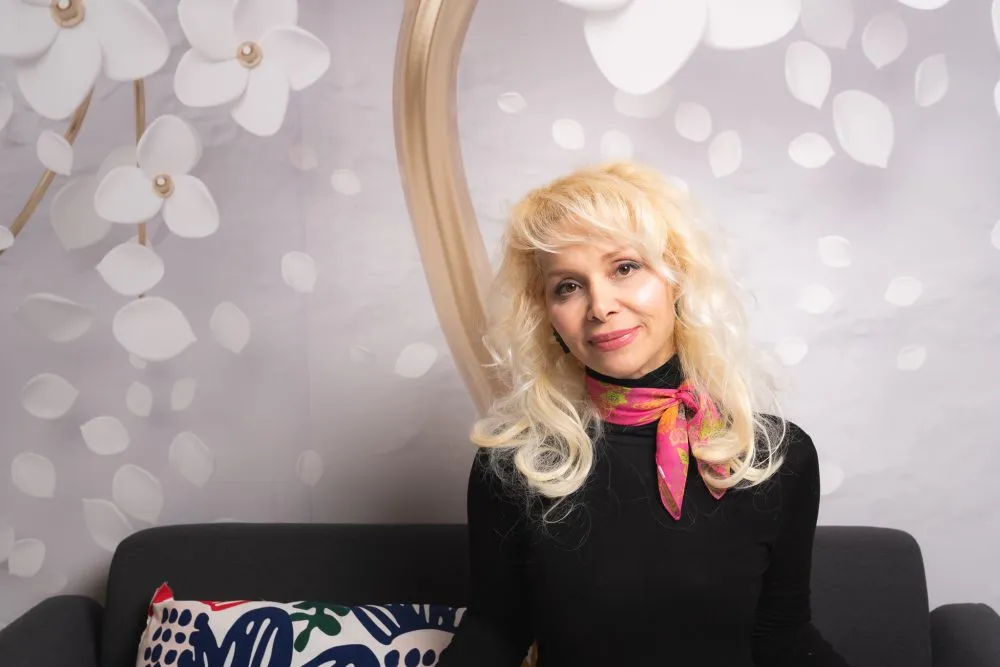Fai Aghamiri has just successfully completed her PhD on the female partners of men with compulsive sexual behaviours. We caught up with Fai for a chat about her research.
What sparked your interest in this area of research?
Years ago, when I had begun to practise psychotherapy, I was sent a client with problems with compulsive sexual behaviours. He eventually brought his traumatised wife to see me too. Over time, this couple kept referring other couples to me, which sparked my desire to learn about compulsive sexual behaviour and how it affects intimate partners.
What was the biggest surprise from your findings?
An unexpected finding was the almost universal reporting of severe trauma by impacted partners upon discovering their partner’s secretive behaviours. These symptoms were similar to PTSD, had multiple layers, and negatively impacted every part of their lives. I was also surprised to learn that religious institutions often fall short of providing hurting partners with a safe environment free from judgement or pressure to ‘forgive’ too hastily. This sometimes causes women to leave the church or even to resent God. Most affected women reported feeling alone, isolated, and invalidated.
What advice do you have for people struggling with this area?
If you find yourself engaging in repetitive actions that make you feel ashamed and powerless, and it starts affecting your daily life or relationships, it’s a sign that you might be dealing with a compulsive behaviour. Remember, it’s not about passing judgment on yourself or others. It’s about recognising that we all have our struggles with sin as human beings. We need salvation and redemption. Can someone addicted to sex find true healing? Well, the first step is being honest with yourself, with God, and with others. Connecting with God is the most important weapon we have against this addiction. God can reveal himself through good therapists, insightful books, support programs, and the caring community in your church and local area. To break free, you need to utilise all these resources, but your relationship with God is the ultimate foundation.
What difference do you hope your research will make?
This is the first time this topic – the impact of compulsive sexual behaviours on partners – has been researched. I hope this helps lower the barriers for people to engage in open discussion about this problem and its impacts. I hope the research also informs churches, therapists and other helping spaces to be better equipped to identify the signs of addiction and have plans in place to provide the necessary support for those struggling with this issue. I’ve been fortunate to conduct my research at AC, and it has been truly remarkable. AC believed in my work and supported me every step of the way, opening doors for publishing and writing books to be a voice in this area, not just in Australia and also around the world.
Aghamiri, Fai Seyed. The Lived Experiences and Wellbeing of Female Partners Following Discovery or Disclosure of their Male Partner’s Compulsive Sexual Behaviours: An Australian Phenomenological Study (PhD).
To learn more about PhD and other Higher Degree Research programs, visit the research section.
Make a Difference in Society with Our Social Science Courses
Are you passionate about understanding human behaviour, society, and the world around you? Our Social Science courses offer a comprehensive exploration of the social, cultural, and political forces shaping our lives with a Christian Worldview. Whether you’re looking to pursue a career in social work, public policy, or community development, these courses provide the knowledge and skills to make a real-world impact.
Relevant courses:




